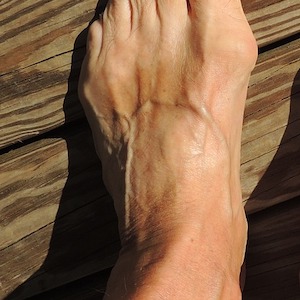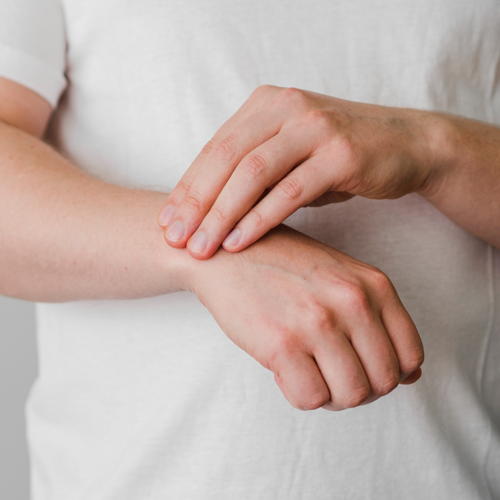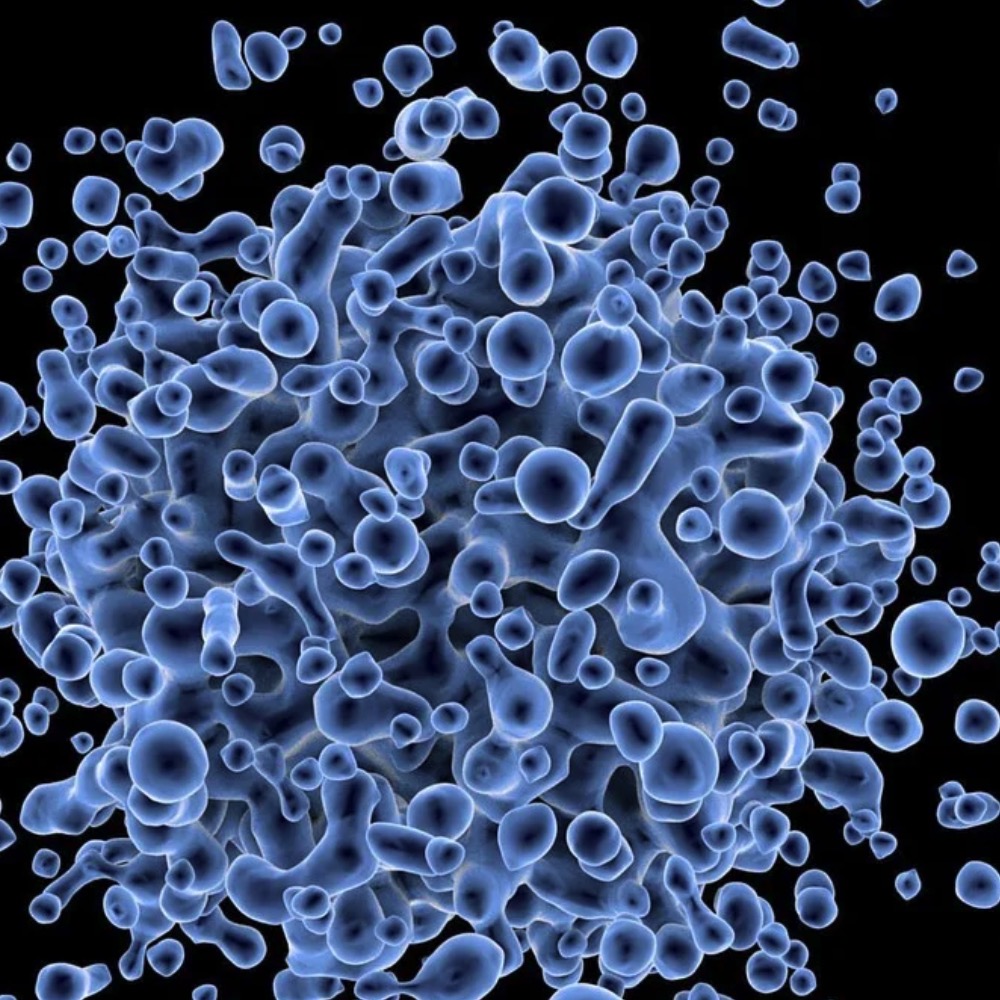Acute severe gouty arthritis secondary to isotretinoin toxicity in a young male: a case report

All claims expressed in this article are solely those of the authors and do not necessarily represent those of their affiliated organizations, or those of the publisher, the editors and the reviewers. Any product that may be evaluated in this article or claim that may be made by its manufacturer is not guaranteed or endorsed by the publisher.
Authors
Acute gouty arthritis is a recognized complication of hyperuricemia and one of the most common forms of inflammatory arthritis in adults. Drug-induced hyperuricemia is increasingly prevalent in clinical practice. Diuretics, antitubercular medications, and immunosuppressants are the common drugs associated with hyperuricemia. Oral isotretinoin is the drug of choice for different forms of severe acne and is rarely associated with hyperuricemia. We present the case of a 30-year-old male with severe acne vulgaris who was prescribed isotretinoin and later presented with acute gout. The patient developed hyperuricemia and swelling of the right first metatarsophalangeal joint within two months of isotretinoin commencement. There was a second episode of similar joint swelling three months later, parallel to the isotretinoin rechallenge. The dose of isotretinoin was reduced with the addition of febuxostat. The patient did not develop further episodes and remained symptom-free without urate-lowering therapy.
How to Cite

This work is licensed under a Creative Commons Attribution-NonCommercial 4.0 International License.
PAGEPress has chosen to apply the Creative Commons Attribution NonCommercial 4.0 International License (CC BY-NC 4.0) to all manuscripts to be published.











